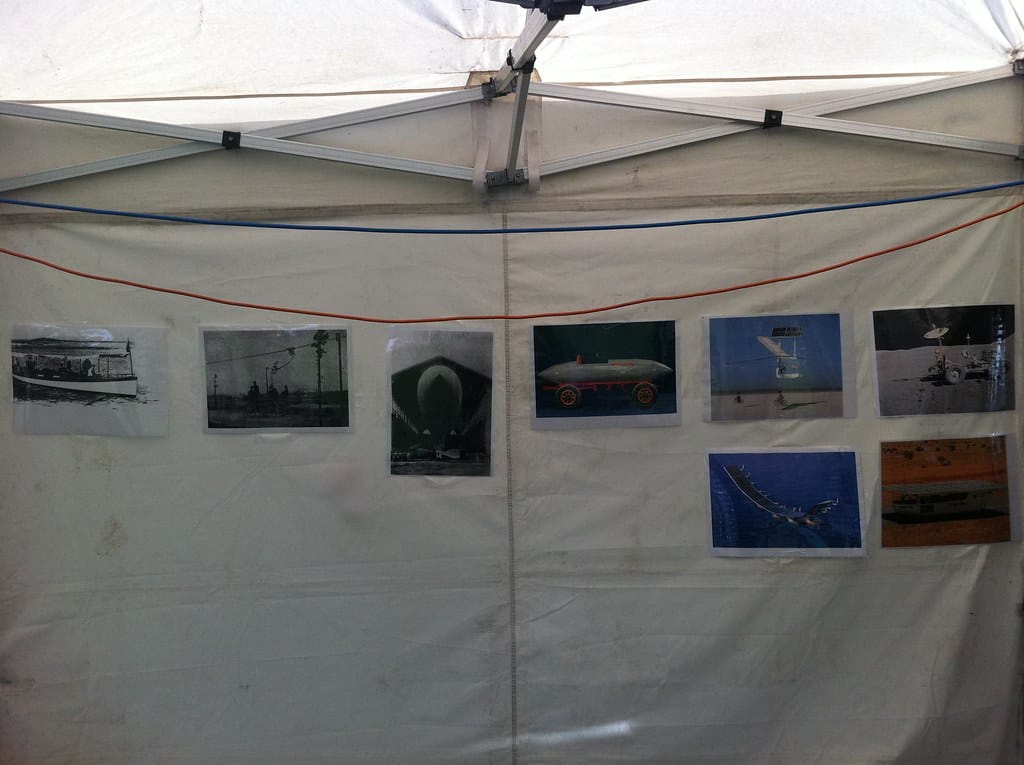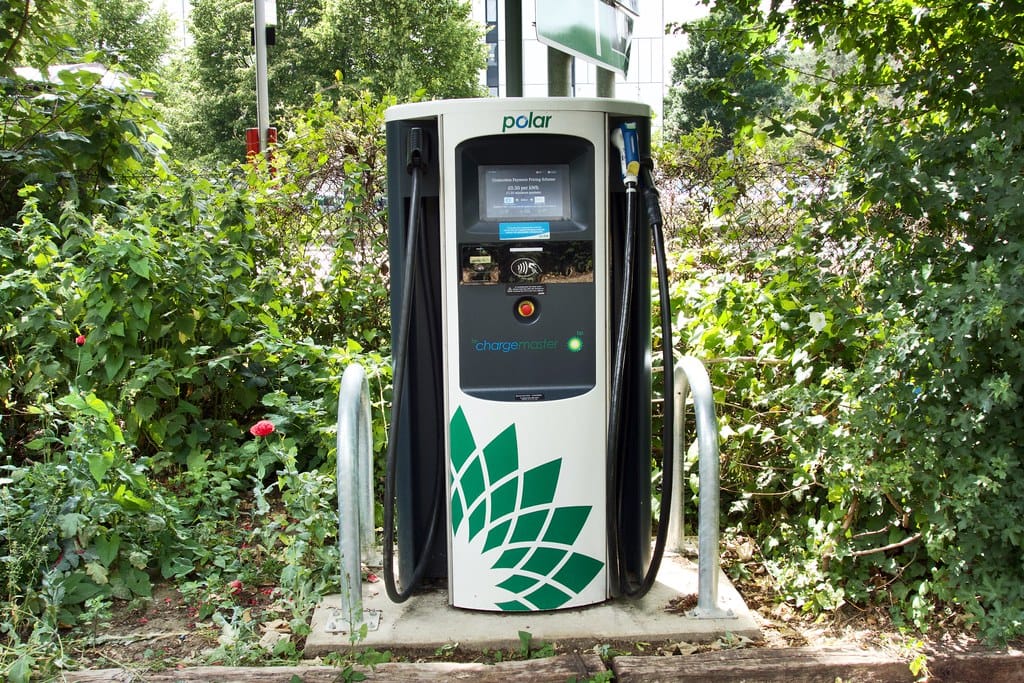BYD Takes the Wheel: Chinese EV Giant Pledges to Cover All Self-Parking Crash Damages
In an unprecedented move that could reshape liability standards across the automotive industry, Chinese electric vehicle manufacturer BYD has announced it will take full financial responsibility for any damages caused by its self-parking technology. The bold pledge comes as automakers worldwide grapple with the complex legal and ethical implications of autonomous vehicle features.
A First-of-Its-Kind Commitment
BYD's announcement represents a significant departure from industry norms, where manufacturers typically limit liability through extensive terms of service and user agreements. The company's self-parking system, which allows vehicles to automatically navigate into parking spaces without driver intervention, will now come with a comprehensive damage guarantee covering property damage, vehicle repairs, and related costs.
"We stand behind our technology completely," said Li Yunfei, BYD's General Manager of Brand and Public Relations. "If our self-parking system causes damage, we will make it right. This is our commitment to building trust with consumers and advancing autonomous vehicle adoption."
The pledge applies to BYD's growing lineup of vehicles equipped with the company's DiPilot intelligent driving assistance system, including the popular Song Plus DM-i hybrid and the all-electric Han sedan.
Setting New Industry Standards
This move places BYD at the forefront of a heated debate about autonomous vehicle liability. While most manufacturers require drivers to maintain oversight and accept responsibility for semi-autonomous features, BYD's approach acknowledges that true automation should come with manufacturer accountability.
The decision follows several high-profile incidents involving self-parking systems from various manufacturers. In 2023, multiple Tesla owners reported property damage during automated parking attempts, while BMW and Mercedes-Benz have faced similar complaints about their respective parking assist technologies.
Key Coverage Details:
- Property damage to other vehicles and structures
- Repair costs for the BYD vehicle itself
- Potential injury compensation related to parking incidents
- Coverage extends regardless of driver oversight level
Market Impact and Consumer Confidence
Industry analysts suggest BYD's guarantee could pressure competitors to offer similar protections or risk appearing less confident in their autonomous technologies. The move comes as BYD continues its aggressive global expansion, recently surpassing Tesla in quarterly EV sales and establishing manufacturing facilities across Europe and Southeast Asia.
"This is a smart strategic move that addresses one of the biggest barriers to autonomous feature adoption: consumer fear of liability," said automotive analyst Sarah Chen from Beijing-based consulting firm EV Dynamics. "BYD is essentially saying their technology is so reliable they're willing to bet their balance sheet on it."
The announcement has already generated positive responses from consumer advocacy groups, who have long argued that manufacturers should bear responsibility for autonomous system failures rather than shifting liability to users who may not fully understand the technology's limitations.
Technical Confidence or Marketing Gambit?
BYD's willingness to assume full liability suggests significant confidence in its self-parking technology, which utilizes a combination of ultrasonic sensors, cameras, and radar systems to detect obstacles and navigate parking spaces. The company reports a 99.7% success rate in controlled testing environments, though real-world conditions often present more complex scenarios.
However, some industry observers question whether this represents genuine technical confidence or a calculated marketing strategy. With autonomous vehicle liability remaining largely untested in courts worldwide, BYD may be betting that actual claims will be minimal while gaining substantial public relations value.
Global Implications
As BYD expands internationally, this liability pledge could influence regulatory approaches to autonomous vehicle oversight. European Union regulators are currently developing comprehensive frameworks for autonomous vehicle liability, while U.S. states continue to implement patchwork regulations.
The company's approach may also accelerate insurance industry adaptation, as traditional auto insurance models struggle to address scenarios where manufacturers assume primary liability for specific vehicle functions.
The Road Ahead
BYD's unprecedented damage guarantee represents a pivotal moment in autonomous vehicle development, potentially establishing new expectations for manufacturer accountability. Whether this bold strategy pays off will depend largely on the actual performance of their self-parking technology and consumer response to the enhanced protection.
For consumers, this development offers a rare opportunity to experience autonomous features without the traditional financial risk. For the industry, it sets a new benchmark that may define how manufacturers approach liability in the age of intelligent vehicles.
As autonomous technology continues advancing, BYD's willingness to put its money where its technology is could mark the beginning of a new era in automotive accountability.

